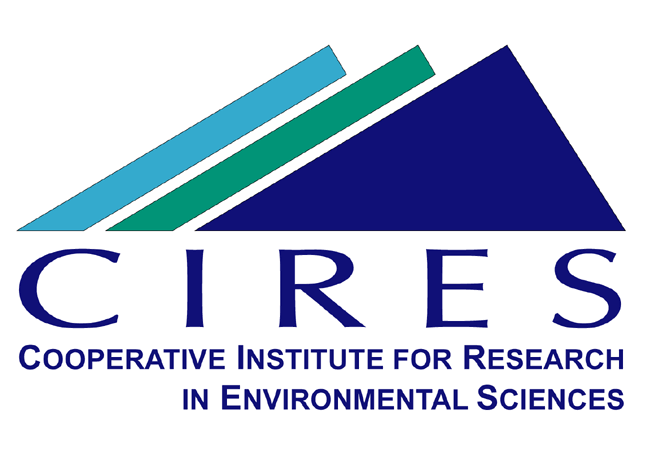Global Research Highlights 2015: IGAC
More than 20 global research projects have transitioned, or are in the process of transitioning, to Future Earth from three previous global environmental change programmes: the International Geosphere-Biosphere Programme (IGBP), the International Human Dimension Programme on Global Environmental Change (IHDP) and DIVERSITAS. For years and, in many cases, decades, these projects have generated critical research on the planet's land, oceans and atmosphere and its past and current climate and peoples. They will continue to produce valuable knowledge about the globe as part of Future Earth.
Over the next weeks, Future Earth will publish a series of posts to highlight some of the research and successes that emerged from these projects in the past year. Check back in often to learn about pollution in the Arctic, small-scale fisheries around the globe, worldwide disaster risk and more.
Today, we feature the International Global Atmospheric Chemistry (IGAC) project.
What’s new with IGAC?
We have established a new activity to assess air Pollution in the Arctic and its interactions with Climate, Environment and Society. Our new endeavour, called PACES, combines social and economic research with investigation of the chemistry and physics of Arctic air pollution; improves monitoring and measuring of Arctic air pollution; and develops better projections of the future Arctic through more complex modelling. Air pollution is a physical and socioeconomic driver of global change in the Arctic that impacts both the natural and human environment.
PACES contributes to science by identifying key and emerging research questions; contributes to policy by identifying the sources of air pollution and its consequences; contributes to society by helping local communities, national and regional governments, such as the Arctic Council and other international organisations, to establish sound policy to understand and reduce the impacts of air pollution in the Arctic. A recent commentary sets out Arctic air pollution challenges and opportunities.
IGAC’s societal partners include
PACES is partly sponsored by the International Arctic Science Council and works with a variety of societal partners. They include the World Meteorological Organization, the Arctic Council Arctic Monitoring and Assessment Programme, Task Force on Hemispheric Transport of Air Pollution, U.S. Department of Energy, U.S. National Oceanic and Atmospheric Administration, International Arctic Systems for Observing the Atmosphere, International Study of Arctic Change, Aleut International Association, Inuit Circumpolar Council and the Alaska Native Tribal Health Consortium, among others. PACES has engaged these societal partners through a series of three workshops over the year.
What is IGAC doing next?
We at IGAC continue to facilitate atmospheric chemistry research towards a sustainable world by fostering the science community, building capacity and providing leadership. IGAC will hold its biennial science conference in autumn 2016, bringing together 600 international participants across science, industry and policy. IGAC is continually evolving to meet the needs of its international community of atmospheric chemists and welcomes ideas from those wishing to initiate new activities, working groups and events to benefit science and society alike.
IGAC’s publications
Melamed, M.L., Monks, P.S., Goldstein, A.H., Lawrence, M.G. and Jennings, J. (2015) The international global atmospheric chemistry (IGAC) project: Facilitating atmospheric chemistry research for 25 years. Anthropocene 15: 17-28. DOI: 10.1016/j.ancene.2015.10.001
Eds. Kaiser, J.W. and Keywood, M. (2015) Interdisciplinary Research Aspects of Open Biomass Burning and its Impact on the Atmosphere. Special issue of Atmospheric Environment 121: 1-112.
Arnold, S.R. et al. (2016) Arctic air pollution challenges and opportunities for the next decade. Elementa: Science of the Anthropocene. DOI:10.12952/journal.elementa.000104
Further information on IGAC
Contact: Megan Melamed
The IGAC Project is coordinated from the University of Colorado Boulder, Cooperative Institute for Research in Environmental Sciences.


DATE
July 11, 2016AUTHOR
Future Earth Staff MemberSHARE WITH YOUR NETWORK
RELATED POSTS
Mason University Students Embark on Summer of Research with Future Earth
Future Earth and UNDP Collaborate to Promote Climate Action Through Behavioral Change
Program Now Available for the Year’s Top Sustainability Science and Innovation Event in Finland